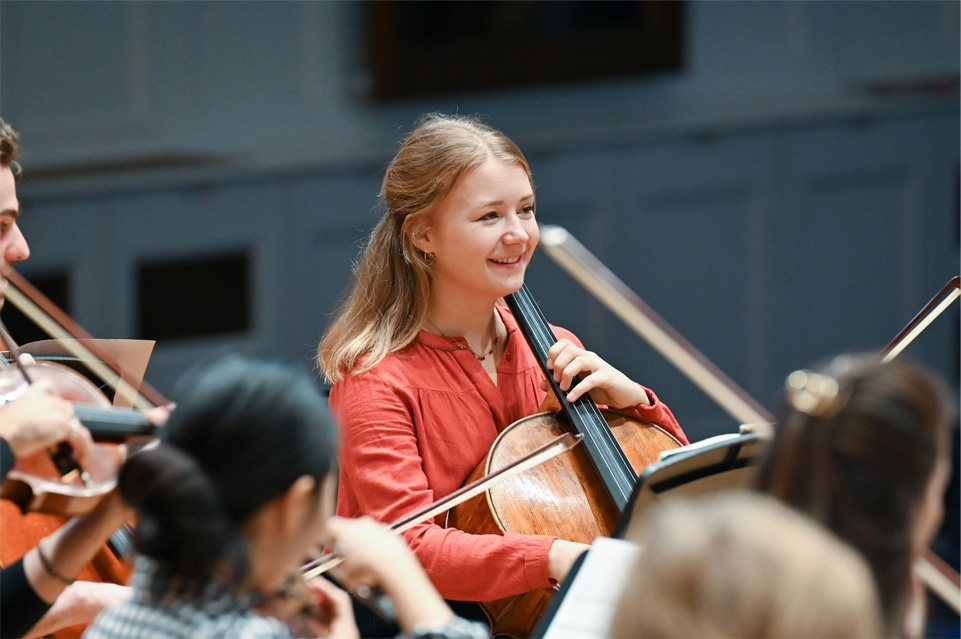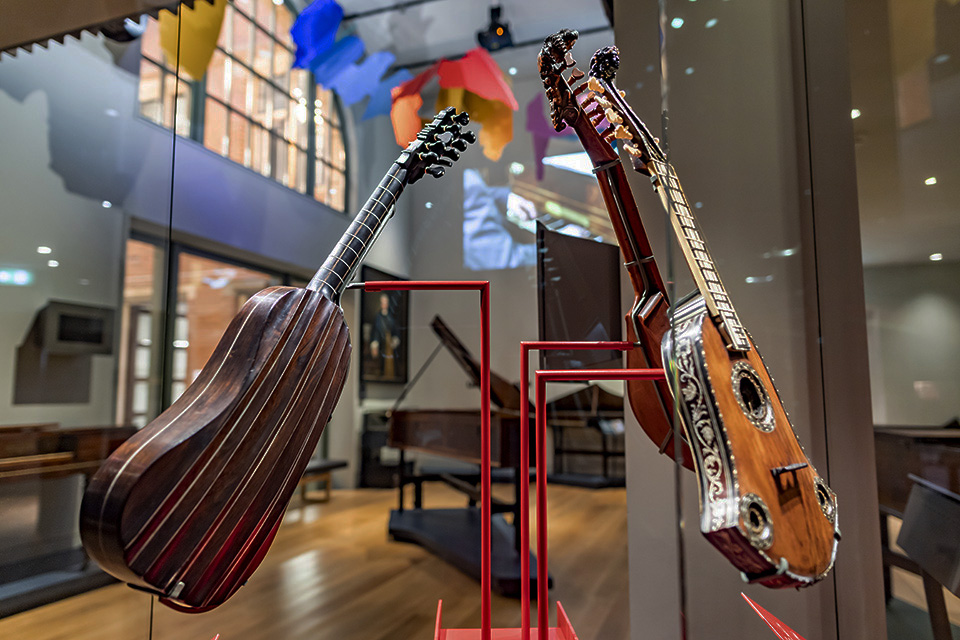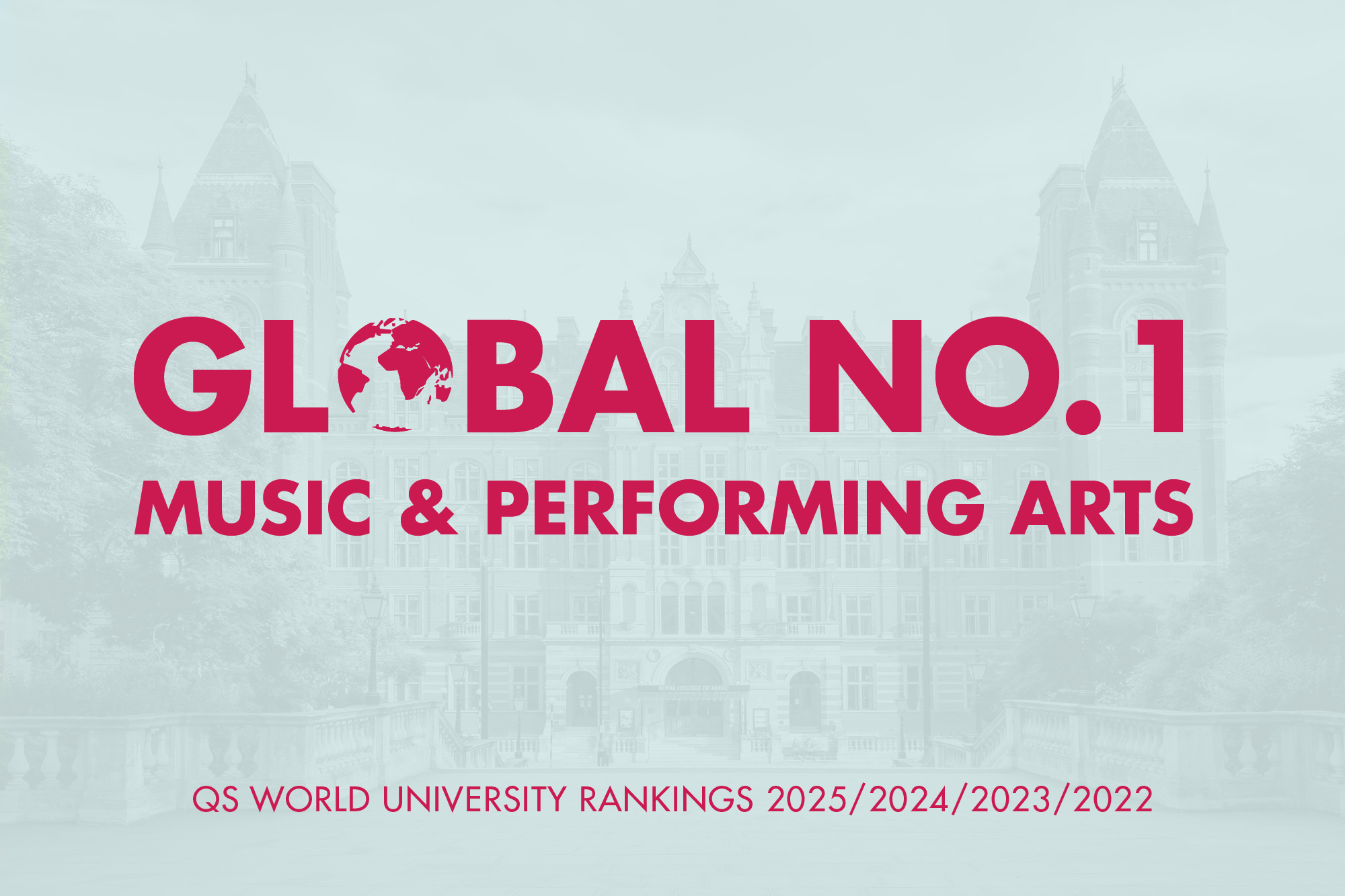We cannot say exactly how much money students need while studying at the RCM. Different students have different needs and preferences, and live different lifestyles.
The figures given below are indicative only and reflect a range of essential and non-essential expenditure that might be incurred. These figures are for one year. If you are budgeting for living costs, remember to budget for the entire duration of your course.
Indicative living costs
Unless otherwise stated, the annual costs below are calculated based on an academic year of 43 weeks. This is the length of contract offered by Prince Consort Village for en-suite and non en-suite rooms, which assumes students will not be resident during the summer vacation. Studios are available on 50 week contracts. Other providers of student accommodation may provide similar 43-week contracts. Please note: most contracts for privately rented accommodation in shared housing will be for a 52 week year or, in some cases, six months, and usually require a deposit of at least one month’s rent in advance.
Rent, utilities bills & insurance
Rental costs vary with location, the number of people sharing the property and the facilities available. For example, halls of residence tend to be more expensive, but offer more facilities than renting a room from a private landlord. Utilities bills include water, gas, electricity, internet and similar expenses. Some rental agreements will include some or all utilities in the price. If you are sharing with non full time students there may be a Council Tax bill payable for the property.
Insurance costs vary from person to person depending on need. Many musicians will insure their instruments with a special policy. It is advisable to insure the contents of your accommodation and personal gadgets too. Some students may have private medical insurance and international students might insure against repatriation costs.
- Indicative cost per week: £180–£340
- Indicative cost per year (43 weeks): £7,138–£14,620
Additional household, personal & social costs
Additional household and personal costs include things like groceries, cleaning supplies, toiletries, and laundry bills, haircuts, clothes and mobile phone bills. They also include the cost of dry cleaning of concert clothes.
- Indicative cost per week: £88–£165
- Indicative cost per year (43 weeks): £3,784–£7,095
Travel costs
Travelling around London is a daily necessity for most people who live, study and work here. Some choose to walk or cycle, which is cheaper than taking public transport, but can be impractical in bad weather. Taxis are widely available but more expensive. The figures below are for a Zone 1-2 Travelcard with student discount. Travelcards covering longer periods of time are more cost effective. For instance, an annual Travelcard works out cheaper per week than a weekly Travelcard, but has a much higher up-front cost.
- Indicative cost per week: £26.80
- Indicative cost per year (52 weeks): £1055.40
Course costs
Course costs include items such as sheet music, stationery, recordings and equipment such as strings or reeds.
- Indicative cost per week: £8-£22
- Indicative cost per year (43 weeks): £344–£946
Total costs
Based on the figures above, total costs are likely to be in the following region:
- Indicative total cost per week: £288.80–£531
- Indicative total cost per year (43 weeks): £12,418.40–£22,833
- Indicative total cost per year (52 weeks): £15,017.60–£27,612
Other considerations
Buying & maintaining instruments
Many RCM students have and maintain their own instruments. We remind all such applicants to include the cost of maintaining their instruments in their budget calculations.
The RCM has a valuable collection of instruments (mainly stringed) available for students. Use of these instruments will be prioritised for students who cannot afford a quality instrument of their own.
The RCM Musicians' Grant Fund is available to final year musicians who are seeking financial assistance towards the purchase of musical instruments and/or equipment. Funds awarded will be grants, not loans.
Costs for international students
We advise international students to budget for additional costs associated with studying in the UK as an overseas national. These costs will vary depending on your situation, but you should consider:
- The cost of applying for a Student visa (if applicable), currently £524
- The cost of the Immigration Health Surcharge, currently £776 per 12 months of immigration permission (e.g. applicants for the four-year BMus course will need to pay £3,492). This must be paid upfront as part of your visa application.
- Having money set aside for unexpected costs such as returning home in the event of an emergency
Figures correct as at October 2025. Always check the UK Government website for the latest information.












